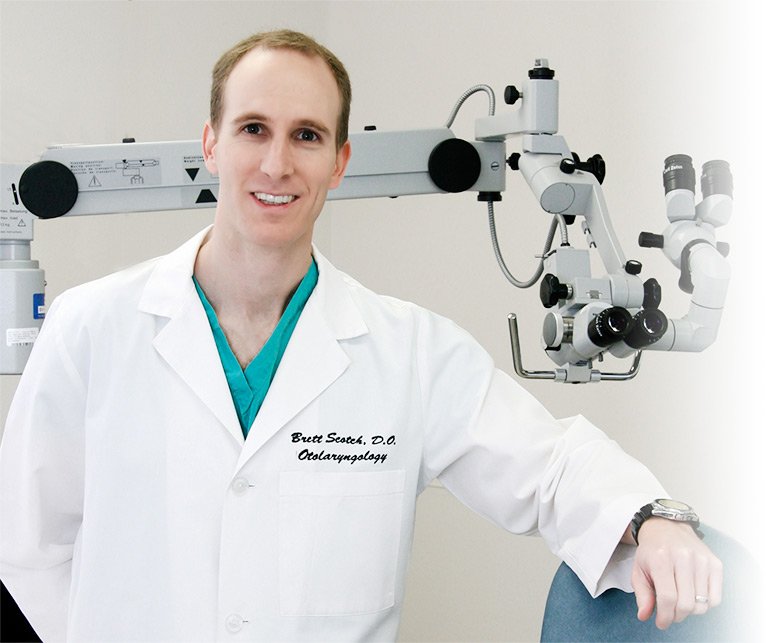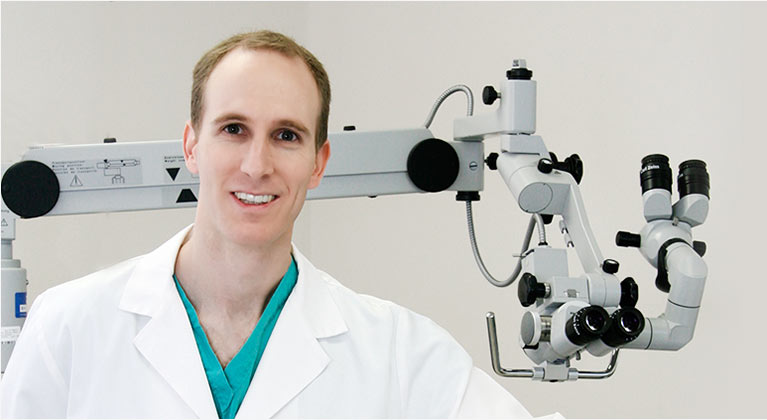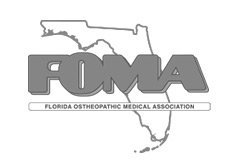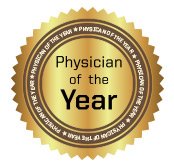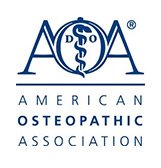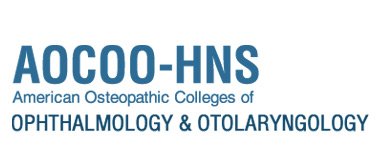Understanding the Link between Hearing Loss and Dementia
Hearing loss is often thought of as just a normal part of the aging process. However recent studies over the last few years by Johns Hopkins University and others, have shown a clear link between hearing loss and dementia, cognitive decline, Alzheimer’s, and brain health.
Scientists now believe that something as simple as hearing aids may play an important role in delaying or preventing memory loss by improving a patients hearing and brain function.
However if someone has age-related hearing loss, they should understand it does not mean they will get dementia. It’s not a one-to-one correlation. There are many people who develop an age-related hearing loss and live a long life, cognitively in tact.
tact.
What is the connection?
There are three main theories for how hearing loss may contribute to cognitive decline and dementia.
The first is “cognitive load.” If your brain is putting in so much effort to listen and understand what is being said, then you are diverting the brain’s resources away from thinking and storing what you’ve heard into memory.
The second theory involves brain atrophy. Hearing impairment may directly contribute to accelerated rates of atrophy in parts of the brain that process sound, and those parts also play roles in memory and the early stages of mild cognitive impairment.
The third theory is social isolation. People who have a hard time hearing often withdraw because it’s too difficult to communicate with others. Various studies have found that a loss of engagement and loneliness are risk factors for cognitive decline.
As we get older, it is important to make an annual hearing test part of your health care routine. Usually hearing loss develops slowly so it may be difficult to recognize it yourself. Often the ones we love tell us first that we should get our hearing checked. It is never too early to get a baseline screening.
If you suspect you or a loved one has a hearing loss, call us at Scotch Institute of Ear Nose & Throat to make an appointment. Our professional team approach with a physician and an audiologist will ensure we give you the most comprehensive hearing care for you and your family.







